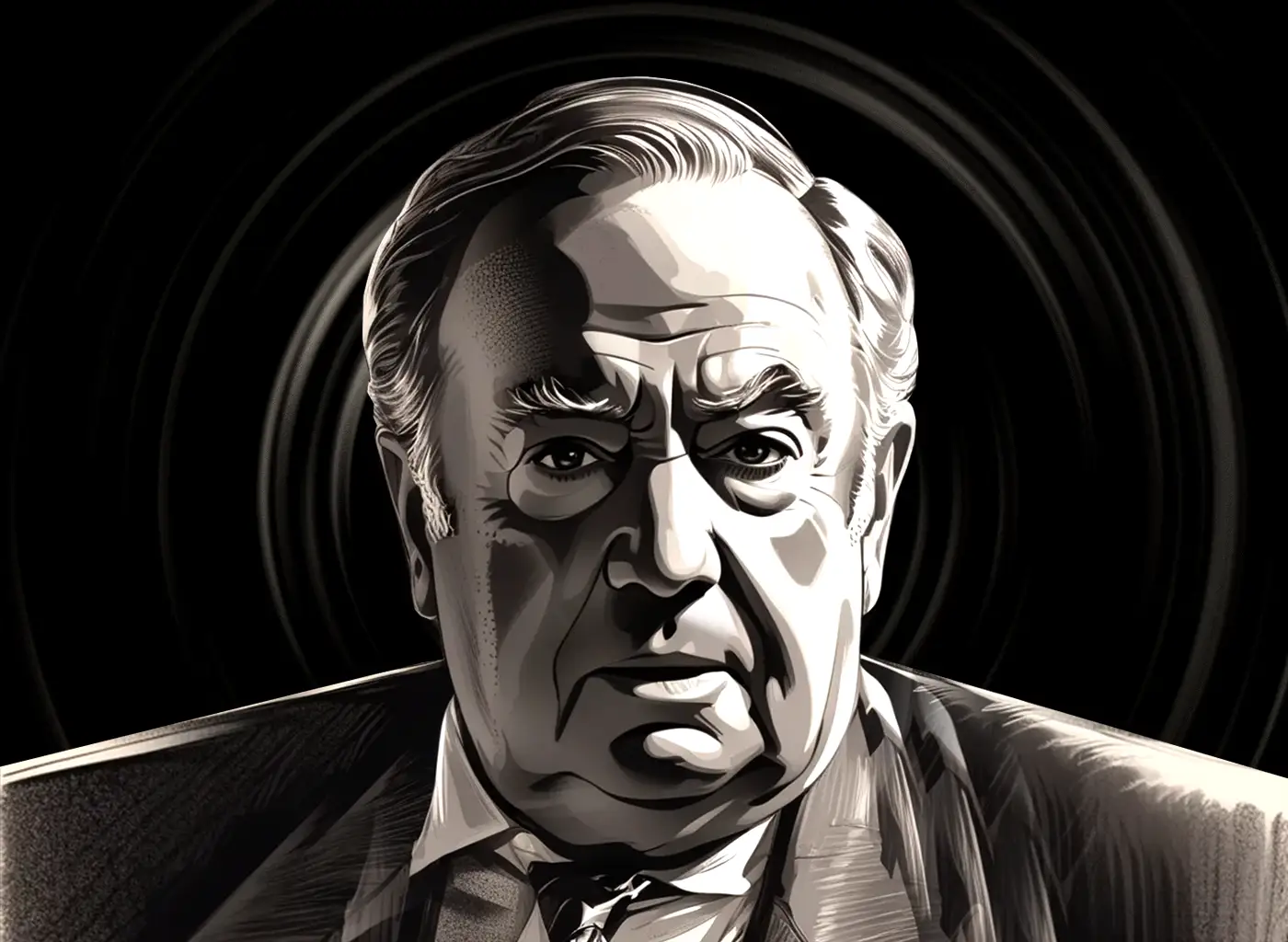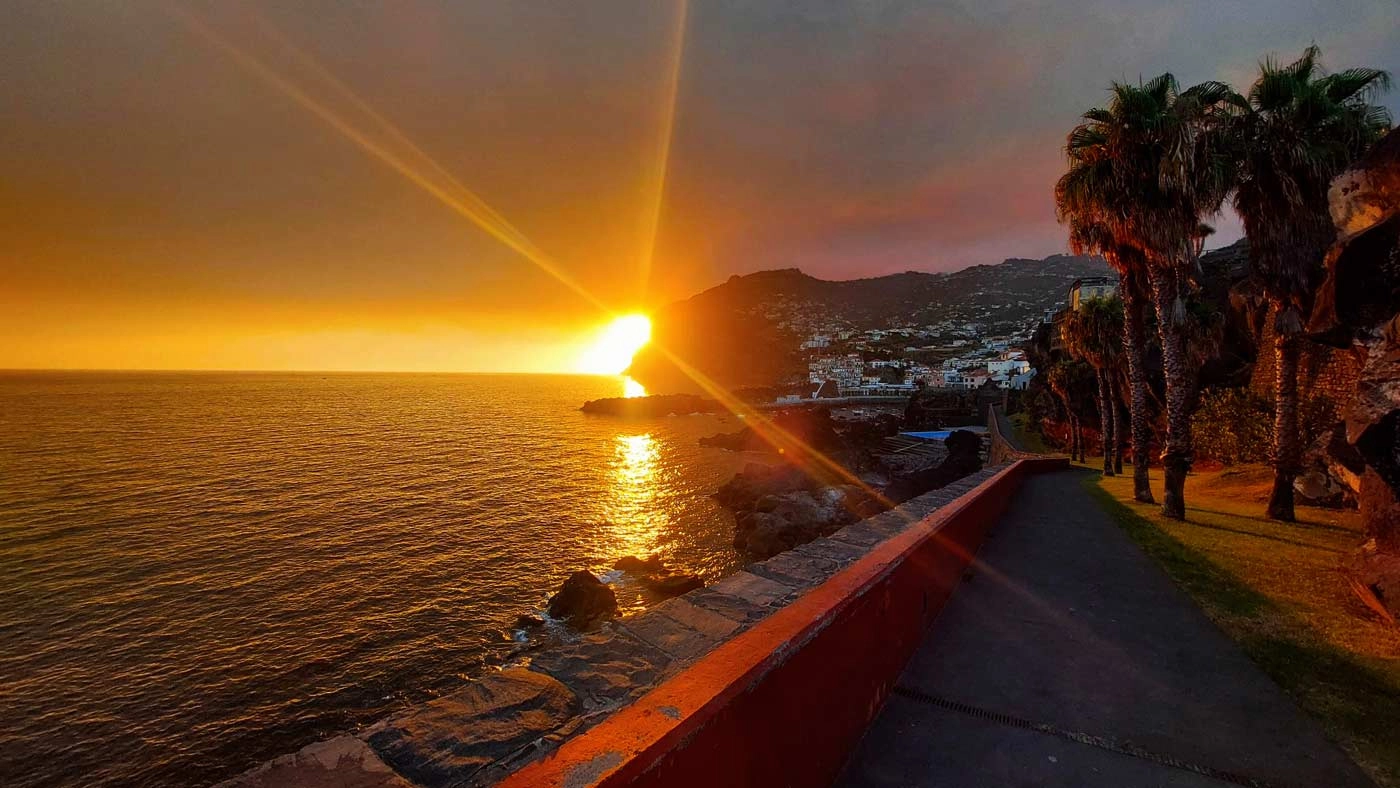Madeira's Political Giant: Alberto João Jardim
Alberto João Jardim, as mostly all Madeirans know, was one of the most influential political figures in Portugal’s modern history. As the leader of Madeira for nearly four decades, he played a crucial role in shaping the island’s economy, infrastructure, and autonomy. His long tenure, from 1978 to 2015, made him one of Europe’s longest-serving regional leaders. While admired by many for his work in modernizing Madeira, his leadership was also marked by controversy and strong political rhetoric.
Early Life and Education
Alberto João Cardoso Gonçalves Jardim, also known as O Rei da Madeira (The King of Madeira) was born on February 4, 1943, in Funchal, the capital of Madeira. He grew up in a time when the island was still underdeveloped and heavily dependent on agriculture and fishing. Jardim studied law at the University of Coimbra, one of Portugal’s most prestigious institutions, where he developed an interest in politics and governance. After completing his studies, he worked as a journalist and teacher, gaining experience that would later influence his political career.
Madeira will be what the Madeirans want it to be!
Alberto João Jardim, after wining the first regional elections in 1978
Entering Politics and Becoming President
Jardim joined the Social Democratic Party (PSD) in the 1970s, shortly after Portugal transitioned from dictatorship to democracy following the Carnation Revolution in 1974. At the time, Madeira was fighting for greater self-rule within Portugal. Jardim became known for his strong speeches and commitment to defending Madeira’s interests, quickly rising through the ranks of the PSD. In 1978, at the age of 35, he became the President of the Regional Government of Madeira, a position he would hold for the next 37 years.
Alberto Joao Jardim as President of Madeira
As the head of Madeira’s government, Jardim worked to improve the island’s economy and infrastructure. During his leadership, Madeira became more accessible to tourists and businesses. He also fought for greater autonomy from Lisbon, arguing that Madeira deserved more financial support and decision-making power.
His leadership was often direct and confrontational, sometimes leading to tensions with the Portuguese government. In early 2011, he suffered a heart attack from which he recovered and won his last election later that year. After winning, he then promised to resign in early 2015.
https://twitter.com/dnoticiaspt/status/1903914743364288588
Jardim’s Rule: Prosperity at a Price for Madeira
Under Jardim’s rule, Madeira changed dramatically. The island’s economy grew, particularly in tourism, which became a key source of income. He supported major construction projects, including the expansion of Funchal’s airport, which allowed for more international flights.
Public infrastructure improved, with better schools, hospitals, and transport networks. However, his policies also led to a growing public debt, which became a major concern in later years. Critics accused him of excessive spending and of using government resources to maintain political control.
Jardim’s years of overspending helped create a stronghold for the PSD in Madeira, where no other party has ever governed. This long rule made change difficult, as many people know no alternative. Because of this, breaking the political grip of the PSD is hard, keeping Madeira’s politics largely the same and endangering the democratic process.
Criticism and Controversies
Jardim’s leadership was not without controversy. He was known for his outspoken nature, often using strong language against political opponents and journalists. Some accused him of creating a political culture in which opposition voices were silenced or sidelined.
Additionally, Madeira’s rising debt led to concerns about financial mismanagement. Despite these criticisms, his supporters argued that his achievements far outweighed the negatives, crediting him with transforming Madeira from a poor, isolated region into a modern, developed one.
If Portugal is going to solve the problems of all Portuguese, it will have to solve the problems of the Portuguese from the mainland and the Portuguese from Madeira, because if there are two countries, Madeira and the mainland, then give us independence.
Alberto João Jardim in Todays Politics
Today, criticizes the Social Democratic Party (PSD). He said the party is "undermined" and "controlled from within" by personal interests and supports Manuel António Correia for leadership. He accused current PSD-Madeira leader and president Miguel Albuquerque destroying the legacy of the Social Democratic Party (PSD/Madeira) and being incapable of effectively governing the region.
Jardim also strongly opposes any alliance between the PSD and the right-wing Chega party, stating that "there are no good extremists."
Alberto João Jardim: A Polarizing Legacy
Alberto João Jardim’s legacy is still debated today. Many view him as the architect of modern Madeira, a leader who lifted the island out of poverty and improved the lives of its residents. Others believe his style of governance left Madeira with long-term financial problems and a political system too centered on one man.








Comments